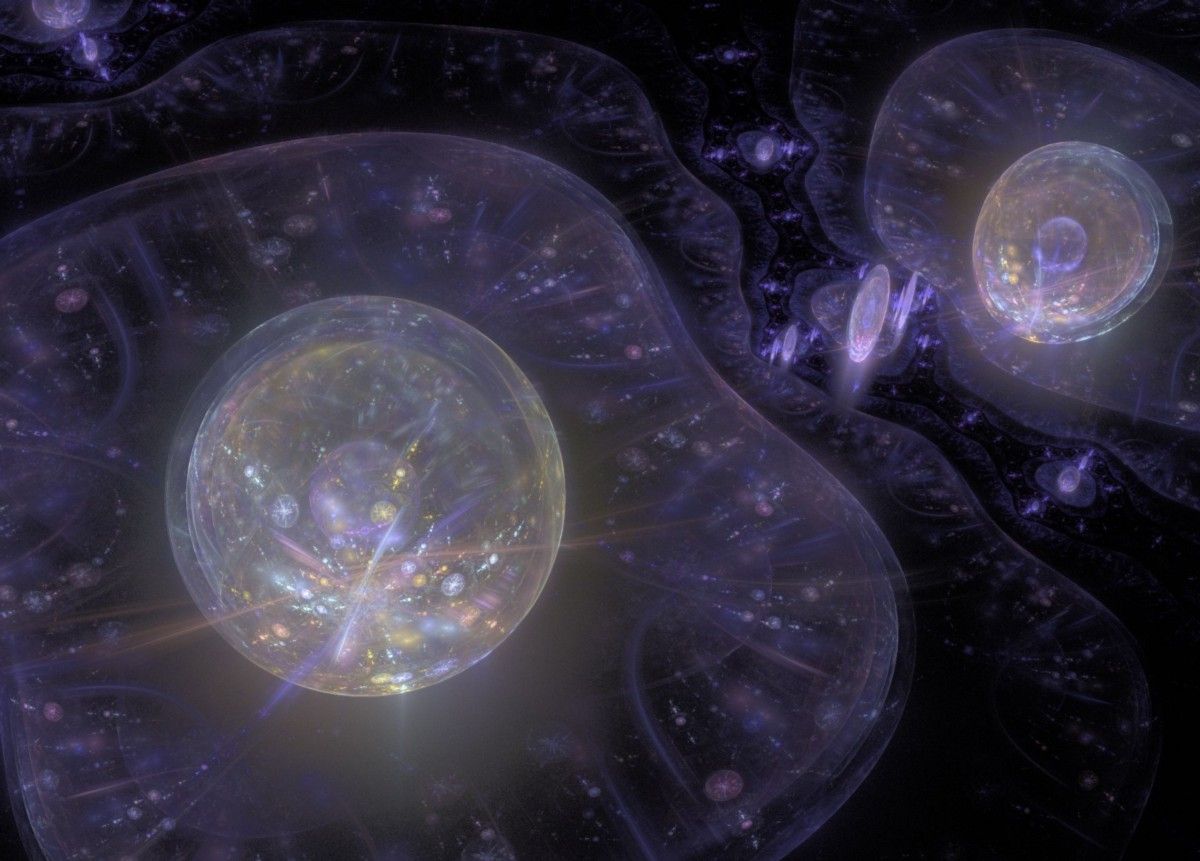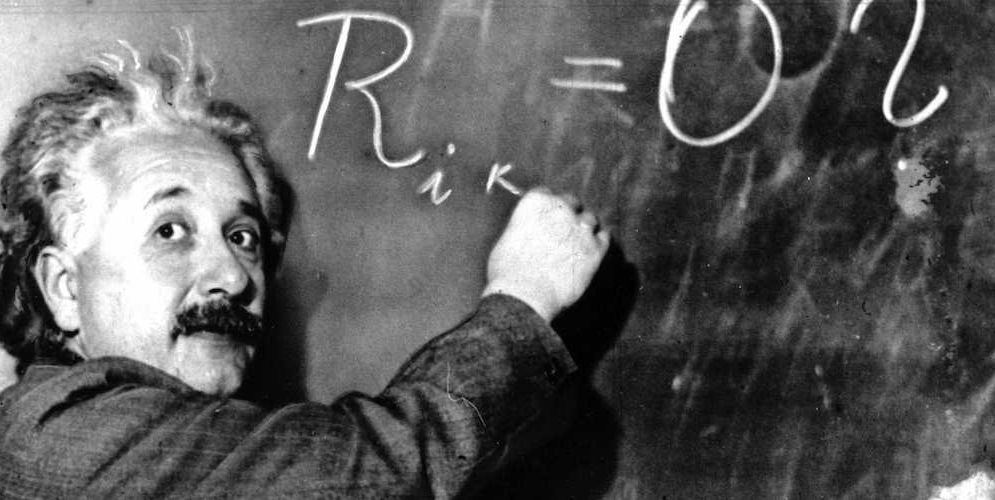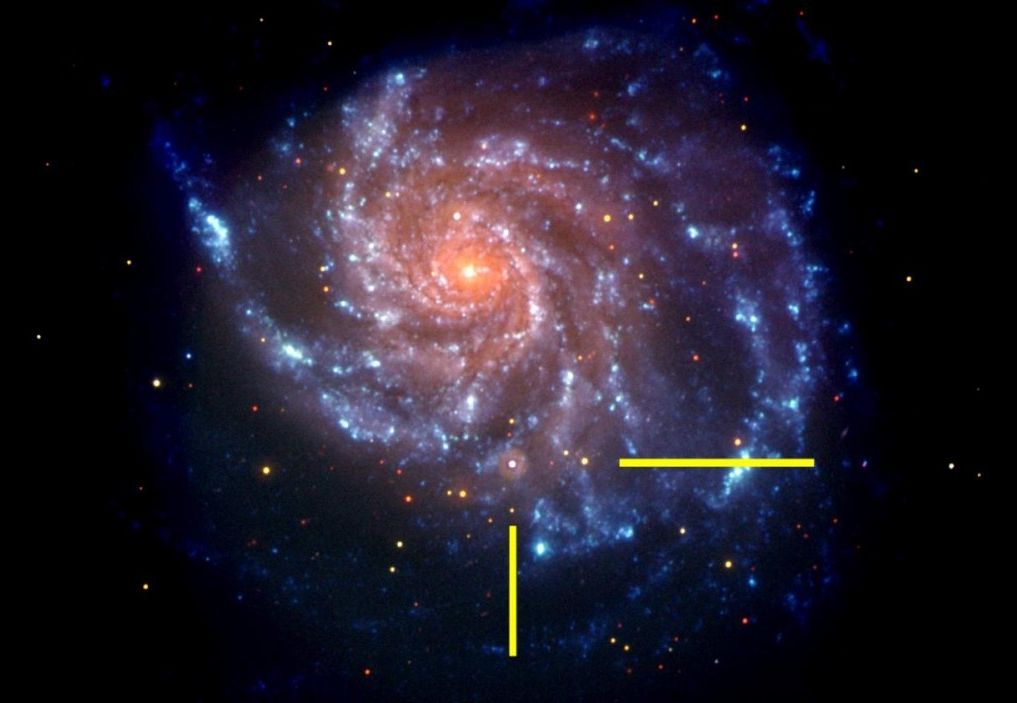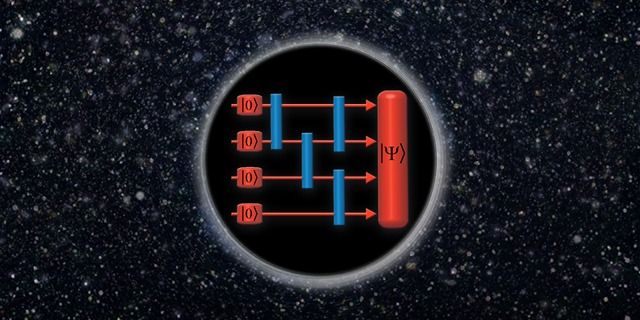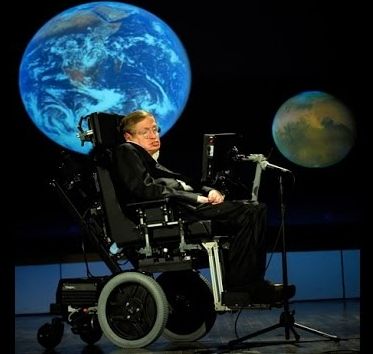May 23, 2016
Viewpoint: An Arrested Implosion
Posted by Karen Hurst in categories: cosmology, particle physics, quantum physics
The collapse of a trapped ultracold magnetic gas is arrested by quantum fluctuations, creating quantum droplets of superfluid atoms.
Macroscopic implosions of quantum matter waves have now been halted by quantum fluctuations. The quantum wave in question is an atomic Bose-Einstein condensate (BEC), a quantum state with thousands to tens of millions of atoms in an ultracold gas all sharing the same macroscopic wave function. Attractive atomic interactions can cause BECs to collapse in spectacular ways, in what’s been termed a “bosenova,” a lighthearted allusion to a supernova explosion [1]. Tilman Pfau and colleagues from the University of Stuttgart, Germany, have shown that for BECs made of dysprosium, whose bosonic isotopes are among the most magnetic atoms in the periodic table, long-range dipole-dipole interactions between these neutral atoms create a totally new phenomenon: the arrested collapse of a quantum magnetic fluid, called a quantum ferrofluid [2, 3]. Such a ferrofluid relies crucially on the strong dipolar interactions in the dysprosium gas.


